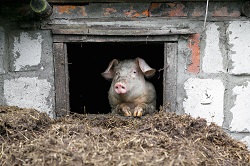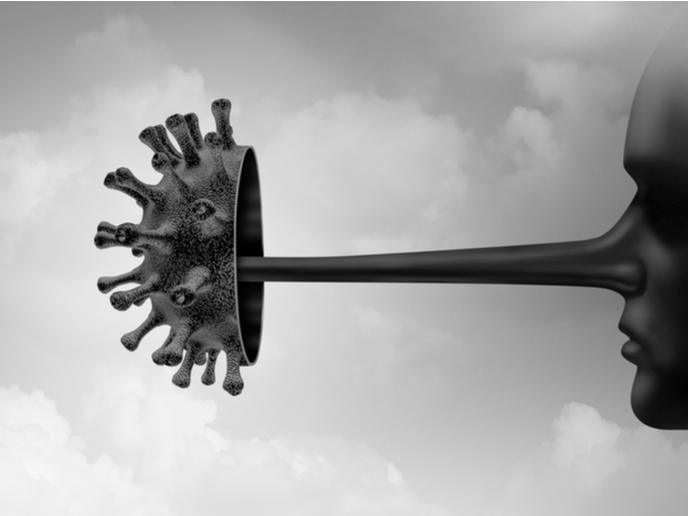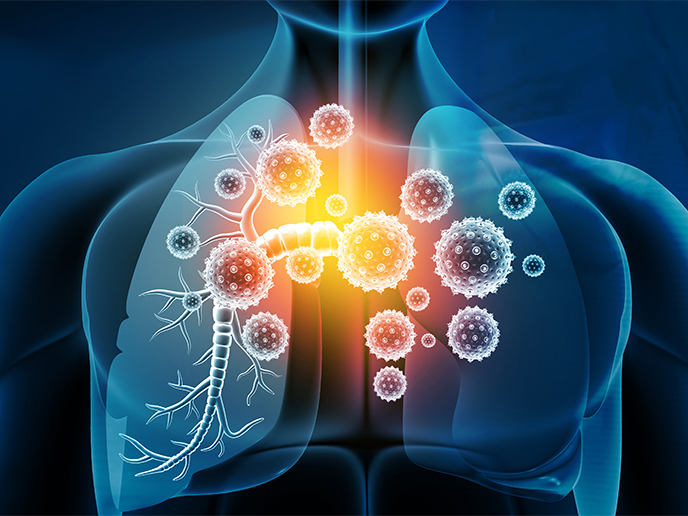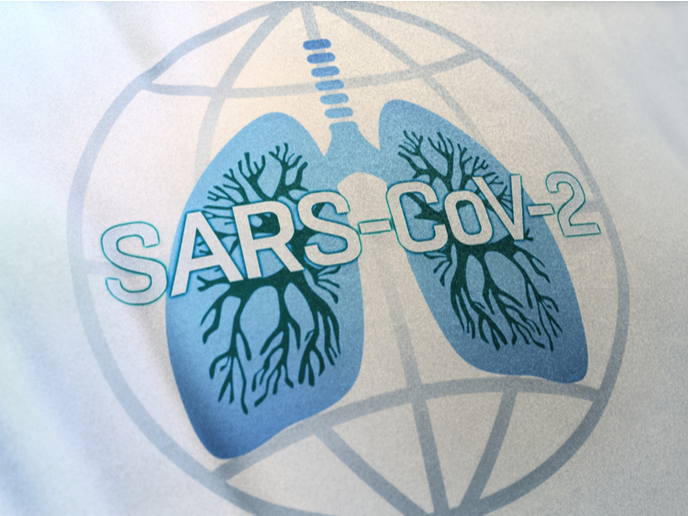Innovative treatment system leads to cost-effective and eco-friendly manure management practices
In recent decades, the negative environmental impact of livestock production and manure handling has been controlled by stricter regulations for manure storage and spreading. Nevertheless, the intensification of livestock production has led to larger herds on fewer farms and industrial-scale operations that produce large quantities of manure at centralised locations. As intensive livestock farming is being placed under increasing pressure to minimise the environmental impact of its operations, several methods have been assessed as best available technologies for manure treatment while improving nutrient resource use. Such procedures are neither technologically practical nor economically feasible. More importantly, they’re usually subjected to national subsidies which prevent them from being profitable in the long term. As a result, pig installation owners must pay waste treatment companies for their pig manure management, and the larger installation owners have to invest in their own treatment equipment to comply with the regulations. Leading-edge technology for cleaner, greener manure treatment To address this need, the EU-funded DEPURGAN (Swine-farm revolution) project devised “an efficient pig manure treatment process,” says project coordinator Mr Javier Melús. “The system is both economical and environment friendly.” DEPURGAN developed and patented a pig manure treatment system that’s tailor-made to accommodate the needs of users. It’s fully automated, expandable and can be implemented on one or more farms. The technology is suitable for irrigation and farm cleaning. It doesn’t generate greenhouse gases, gets rid of waste and doesn’t pollute aquifers. The DEPURGAN innovation minimises the concentration of contaminants like nitrogen, phosphorous, metals, bacteria and viruses in manure. These key components are also environmental hazards. In addition, it treats pig manure at its origin and valorises manure in terms of energy recovery and fertilisation. Getting the most out of pig manure To accomplish all this, the system performs a succession of physical-chemical treatments known as depuration. This includes homogenisation, solid-liquid separation by centrifugation, coagulation-flocculation and solid-liquid separation by electrocoagulation. The treatments help to obtain two residuals: solid and liquid. The solid residual is used for the manufacturing of pellets, with an equal mixture of manure and pine wood. The liquid residual is used for fertilisers in agricultural crops. The DEPURGAN process eliminates viruses, bacteria and parasites, and removes odours and colours. It reduces heavy metals in water and nitrogen by about 99 % and up to 90 %, respectively, and chemical oxygen demand by nearly 95 %. By virtue of its high-efficiency power supply, electricity consumption is cut by close to 20 %. “Thanks to DEPURGAN, the pig farming industry now has an all-in-one-solution that offers a quick return on investment thanks to lower operation and maintenance costs,” concludes Mr Melús. “The system is also worthwhile financially for farmers because they don’t have to depend on national subsidies anymore, and it also contributes to achieving a circular economy in rural areas.”
Keywords
DEPURGAN, pig, manure, pig manure, manure management







